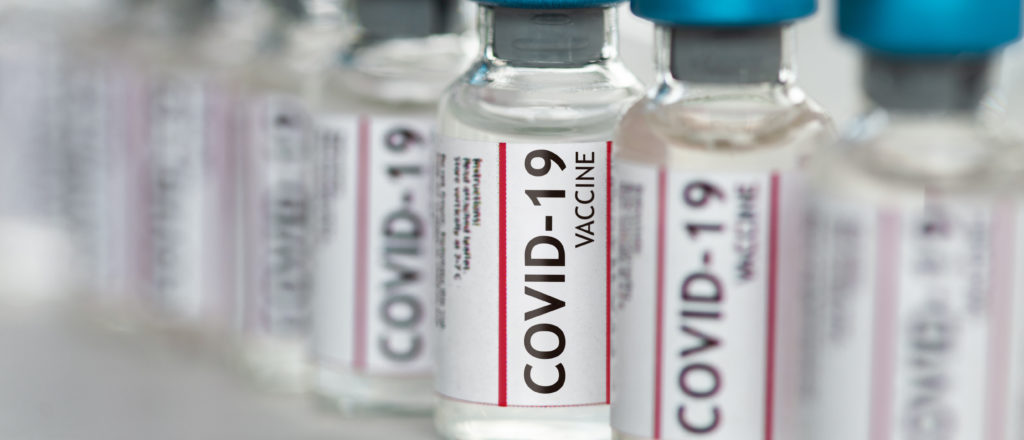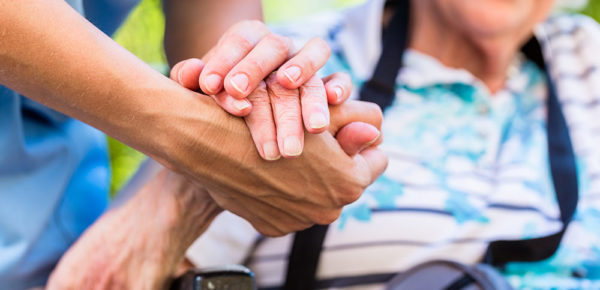Life After the Vaccine
West End Healthline
By Jonathan Dickman
Now that COVID-19 vaccination of adults is in full force, people are daring to dream of a life that resembles something closer to what we had before the pandemic. But as we get our shots and return to once-familiar behaviors, confusion remains as to what is prudent.
The Center for Disease Control (CDC) provides valuable guidance with which we can address these questions, though they remain subject to change as we continue to learn more about the viral disease and its variants. You can review the most up to date guidelines on the agency’s website, https://bit.ly/3dLeUqV.
First, to understand the behaviors we can safely engage in post-vaccine, we must define what it means to be “fully vaccinated.” We only achieve that status for COVID-19 once 14 days have passed since the final vaccine dose. In other words, two full weeks must have passed since receiving the second dose of either the Pfizer BioNtech or Moderna vaccines, or since the single dose of the Johnson and Johnson vaccine. Until this time comes, the CDC recommends continuing to practice social distancing by wearing a mask, staying 6 feet apart, spending time outside when you want to hang out with others and avoiding all unnecessary travel and crowds. In fact, it is safest to continue these social distancing practices even after you have been fully vaccinated. This is because these vaccines are not perfect and infection remains possible. The hope will be that these social-distancing recommendations will no longer be needed when our population reaches “herd immunity” or when a significant number (many estimate somewhere between 60-80%) of people in the community are fully vaccinated.
For those who are fully vaccinated for COVID-19 and are seeking freedom from social restrictions, the CDC considers certain activities an acceptable risk. Those who are fully vaccinated may spend time indoors—without a mask or social distancing—with others who are fully vaccinated. In addition, the CDC condones doing the same with up to one other household in which the only people who are unvaccinated are not members of a population at risk for severe COVID-19 (see the CDC website for a full list, but risk factors include chronic medical conditions, pregnancy, obesity and older age). Fully vaccinated individuals who were exposed to a person with COVID-19 do not need to be tested for the virus unless they have symptoms or live in a nursing home, group home or other group setting. Those who are fully vaccinated can also travel without needing a COVID-19 test before or quarantining after the trip. (Of note, however, COVID-19 testing may still be needed before international travel if the country you are visiting requires the test.) In addition, during international travel, you still need to get tested for COVID-19—both before returning to the US and 3-5 days after international travel. Unfortunately, the CDC still recommends against attending crowded events (such as concerts, sporting events) or spending time without a mask beside others who are unvaccinated and at high risk for illness the disease.
In the end, regardless of vaccination status, it is always a good idea to take extra precautions given the continued spread of COVID-19 and proliferation of emerging coronavirus variants that we do not yet fully understand. But if, like so many others, you are struggling with the isolation of the past fourteen months and squinting to see some light at the end of the tunnel, the CDC has identified the path through which we can safely begin to reclaim our social lives.
Jonathan Dickman, MD, PhD is a family physician at Allina Health United Family Physicians. He is available for appointments at 651-241-5200.




